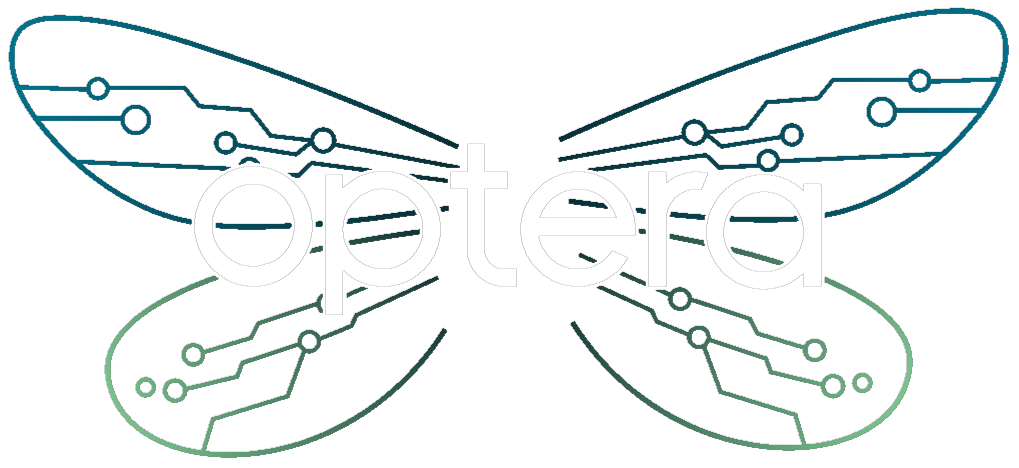Project Management Excellence
Our PMO Consulting Services
PMO Design
Assisting you in setting up a PMO that suits your specific needs and objectives.
- Defining the PMO's structure and roles
- Establishing responsibilities and processes
- Creating governance framework
PMO Optimization
Evaluating your existing PMO to identify areas for improvement and implementing strategies to enhance effectiveness.
- Refining existing processes
- Developing standardized methodologies
- Implementing PM tools and technologies
PMO Transformation
Guiding you through significant change in the PMO, including methodology changes, digital tools and automation.
- Assessing current state
- Defining desired future state
- Developing transformation roadmap
Information Technology (IT) Project Management
Key Problem Areas in IT Projects that Top Notch PMs Prevent:
- Budget Overruns
- Inadequate Planning
- Technical Challenges
- Security Vulnerabilities
Life Sciences and Healthcare Project Management
Technical Expertise
Successful PMs must possess a solid understanding of software development methodologies, technologies, and industry best practices. They need to be well-versed in healthcare-specific software systems, standards, and regulations.
Regulatory Compliance
PMs need to ensure that projects comply with relevant regulations and standards such as HIPAA and GDPR. They should be familiar with the requirements and help the development team adhere to these guidelines.
Stakeholder Management
Healthcare software projects involve multiple stakeholders, including healthcare providers, administrators, regulatory bodies, and patients. PMs must understand diverse needs and manage communication throughout the project lifecycle.
Security and Privacy
Healthcare software deals with sensitive patient data and requires robust security measures. Project managers must prioritize security considerations and ensure appropriate measures like data encryption, access controls, and secure data storage.
Interoperability
Healthcare systems often need to integrate with various other systems and devices. Project managers should plan and coordinate integration efforts, manage dependencies, and ensure proper implementation of interfaces and data standards.
Change Management
Companies often experience frequent updates, regulatory changes, and evolving user requirements. PMs must effectively manage change requests, assess their impact, and ensure changes are properly documented, communicated, and integrated.
